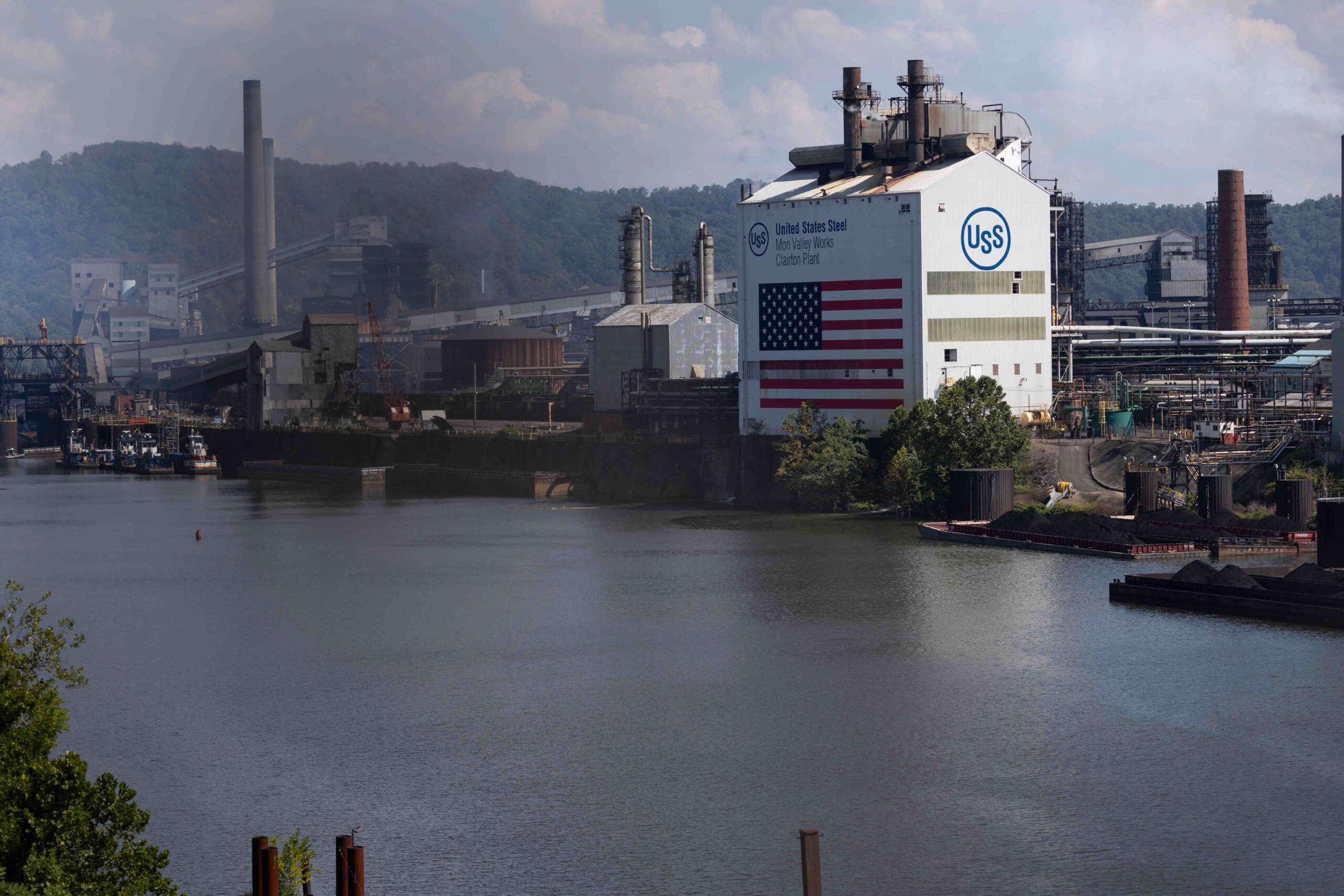
"Steelworkers and community activists say the Trump administration has put their health at risk by delaying and potentially scrapping pollution monitoring rules meant to protect nearby neighborhoods from dangerous toxins released into the air by the nation's steel and coke plants."
"On August 11, a massive explosion at U.S. Steel's Clairton Coke Works in Clairton, Pennsylvania, left two workers dead and sent at least 10 others to the hospital. It took rescuers hours to find workers still alive in the wreckage after the blast, which shook homes across a tight-knit steel mill community nestled along the Monongahela River valley. The cause of the explosion is still under investigation, but officials suspect a faulty valve and a fatal buildup of gas."
"U.S. Steel's Clairton Coke Works is considered the largest coke-producing operation in North America. Workers at the plant bake coal in massive ovens into coke, a hard, grey, porous, carbon-rich substance that is shipped on the river for use in the blast furnaces of plants that make iron and then steel. The facility has a long history of clean air violations and accidents, including an explosion in February that injured two workers, according to the Associated Press."
An explosion on August 11 at U.S. Steel's Clairton Coke Works killed two workers and hospitalized at least ten others after a suspected faulty valve and gas buildup. Rescuers required hours to locate survivors amid wreckage, and the blast shook homes across the Monongahela River valley. The Clairton facility bakes coal into coke for blast furnaces and is the largest coke producer in North America. The plant has a history of clean-air violations and prior accidents, including a February explosion that injured two workers. Delays and potential rescission of pollution-monitoring rules have raised concerns about community exposure to toxic emissions. Nippon Steel's nearly $15 billion acquisition of U.S. Steel was recently approved.
Read at Truthout
Unable to calculate read time
Collection
[
|
...
]